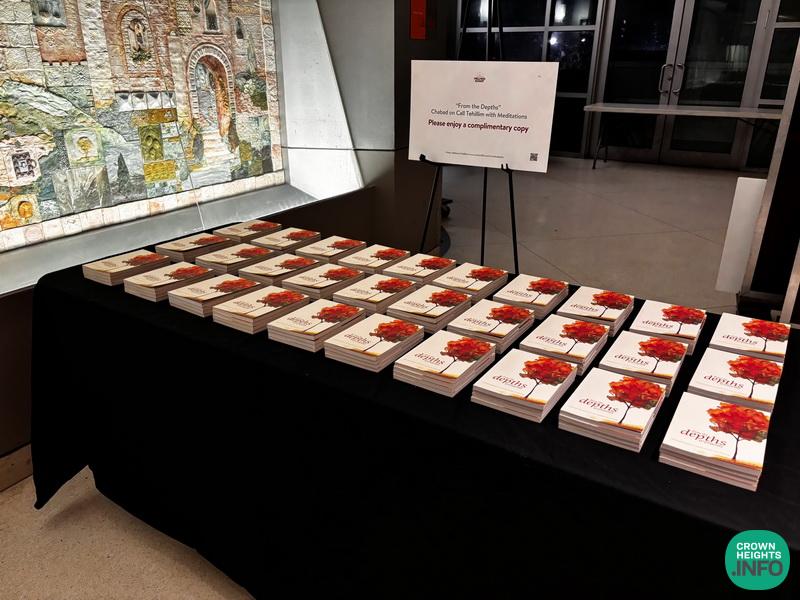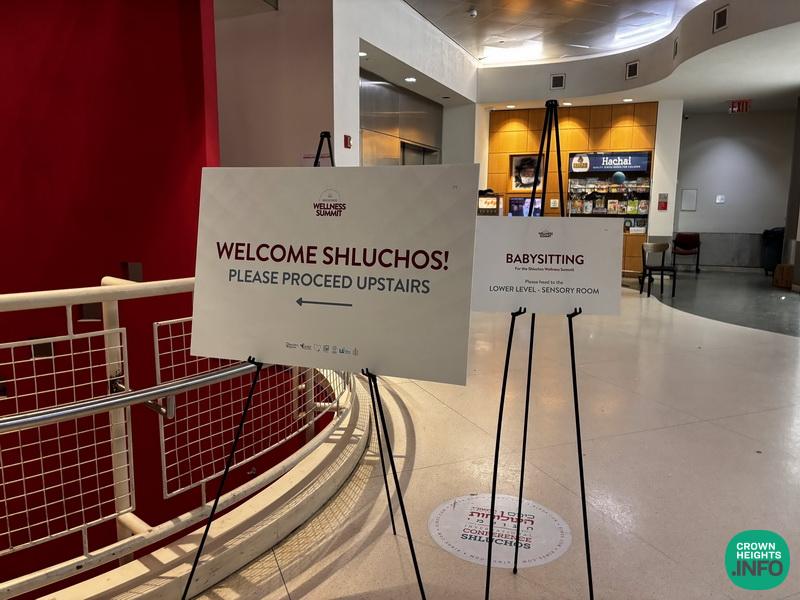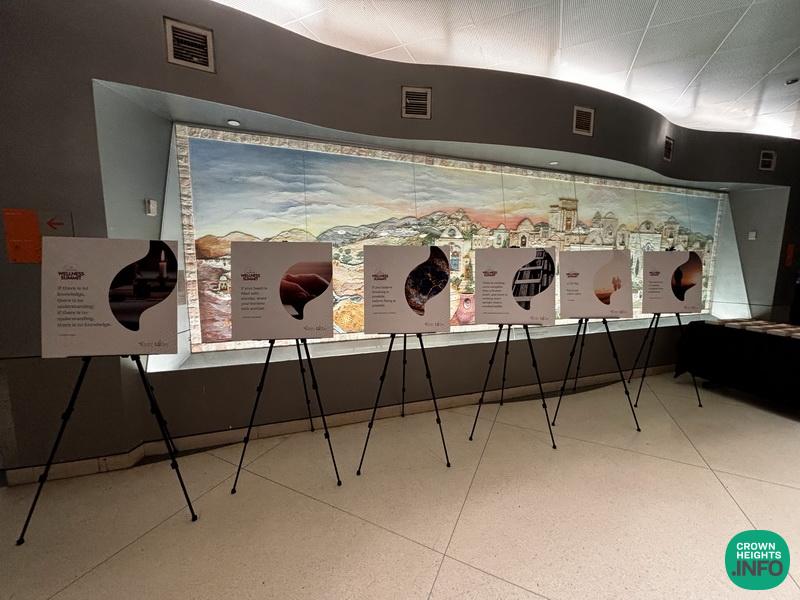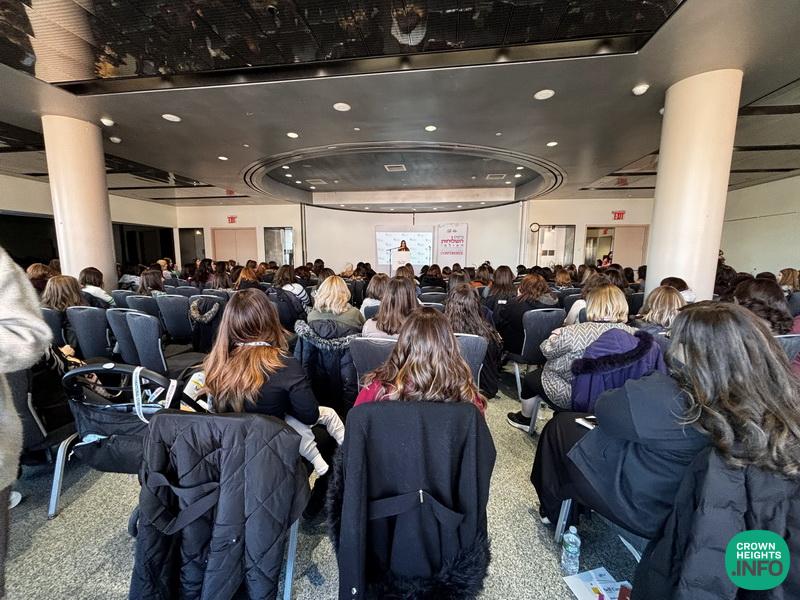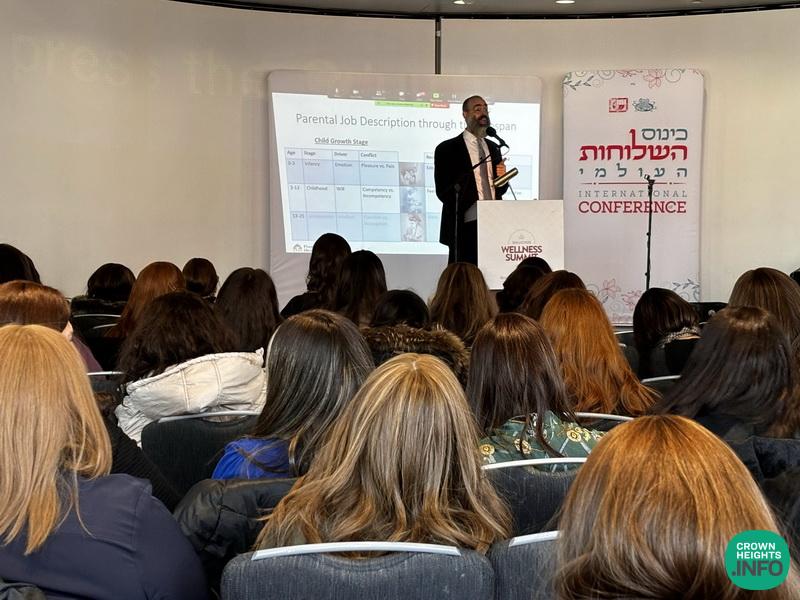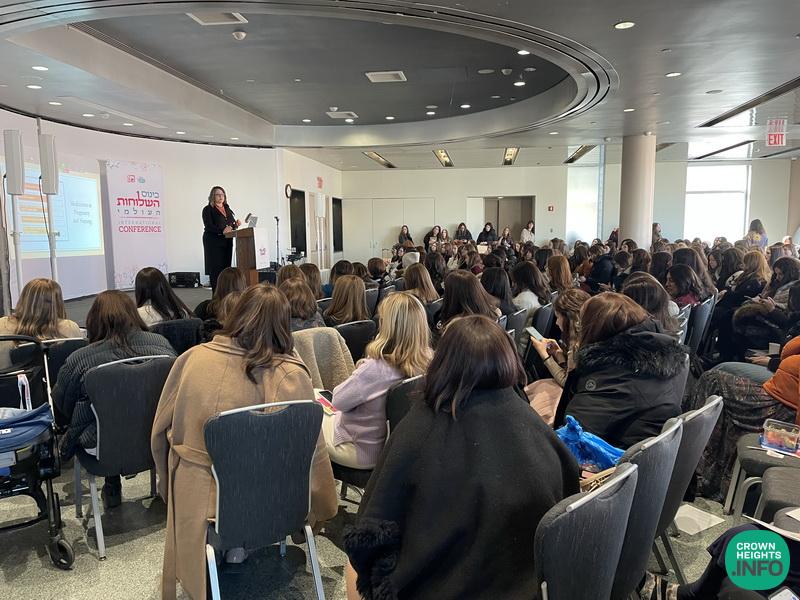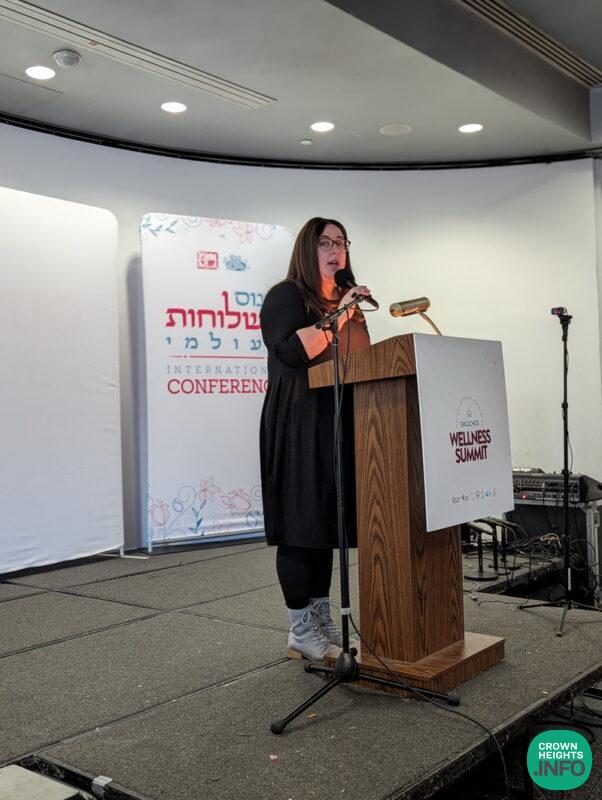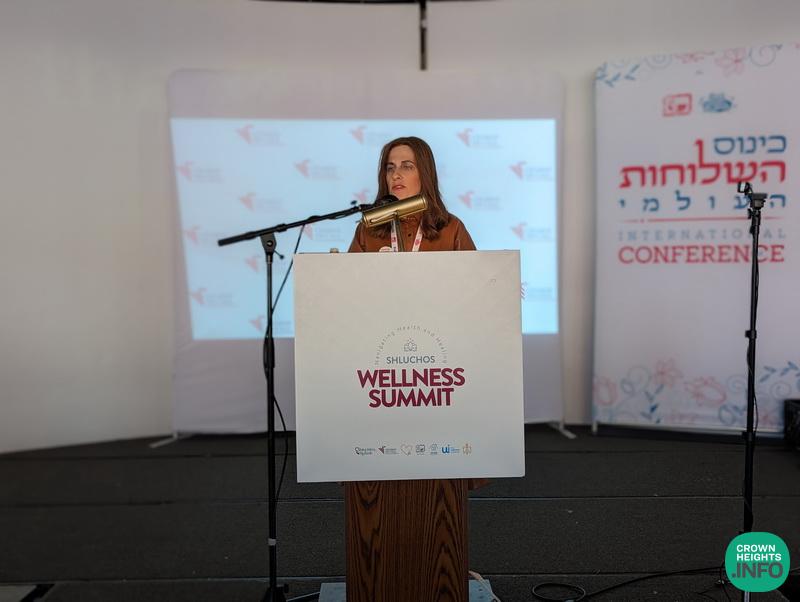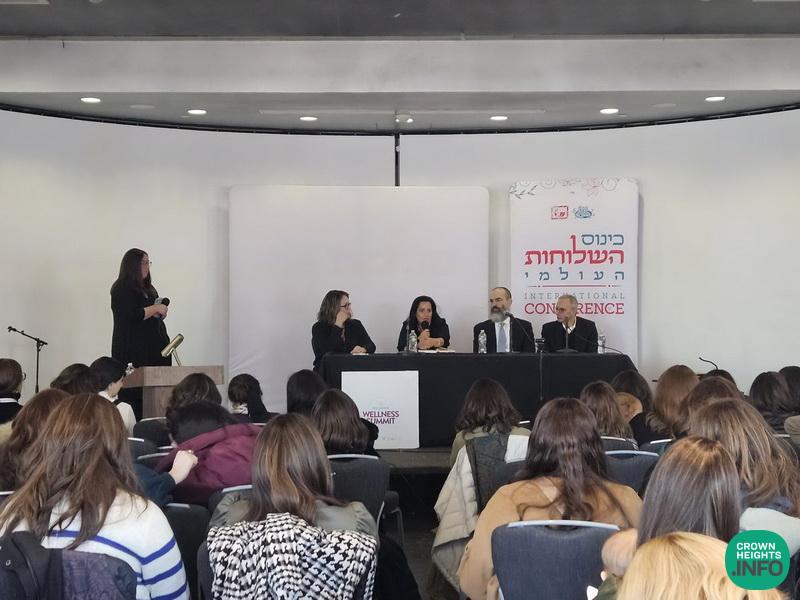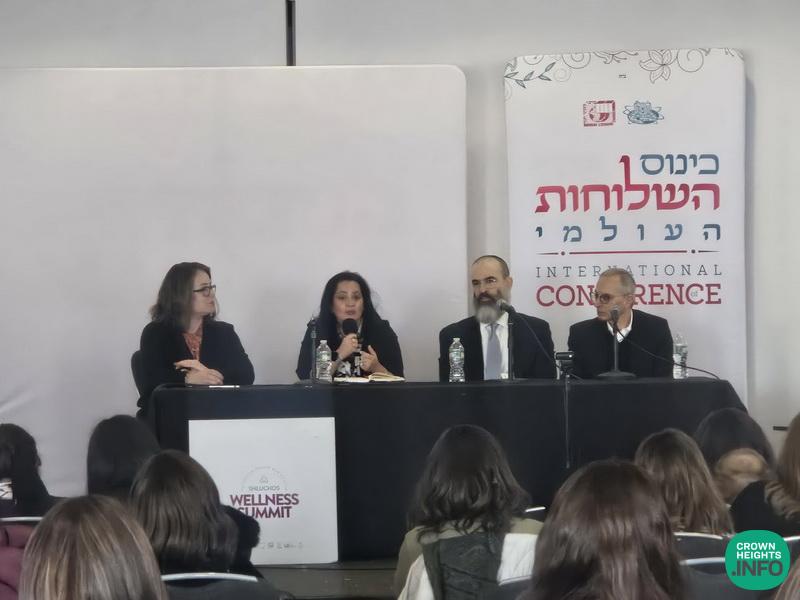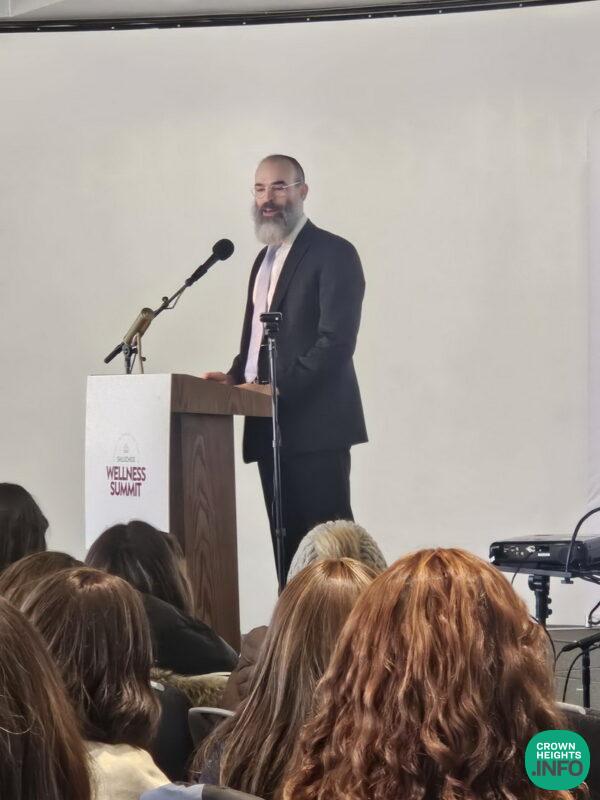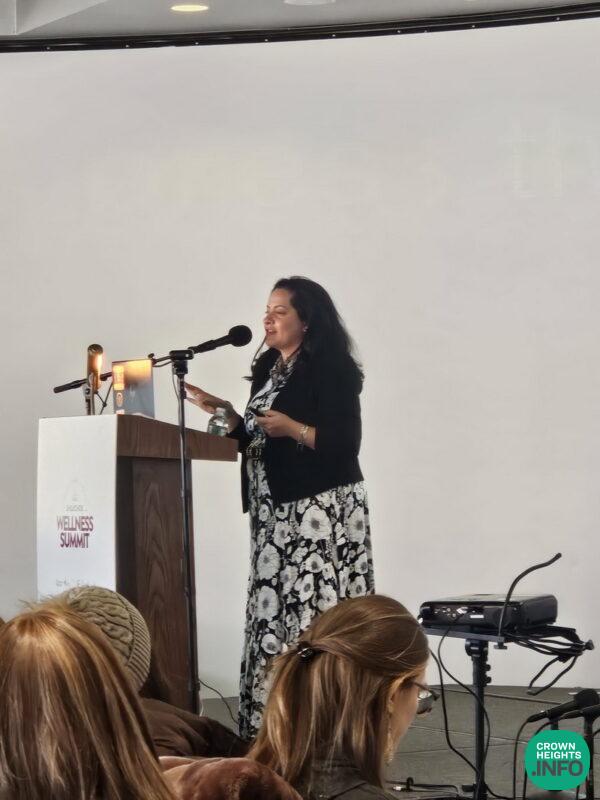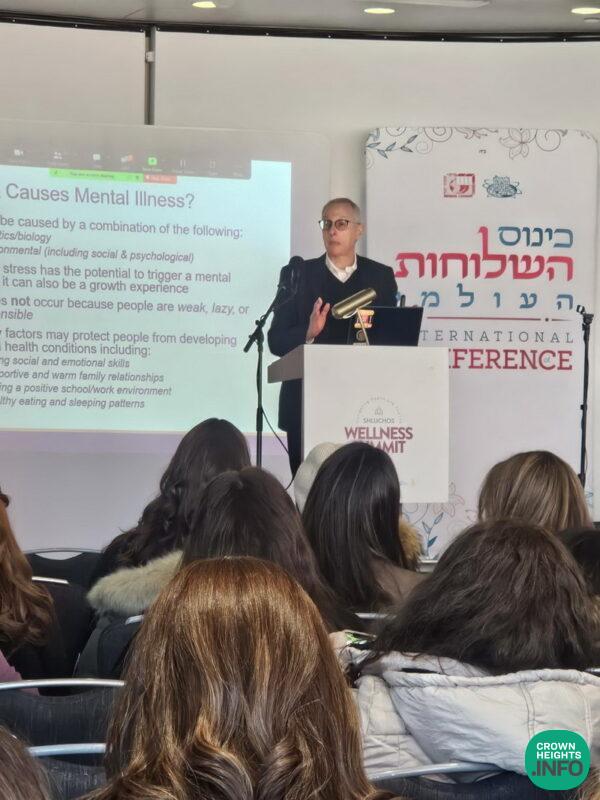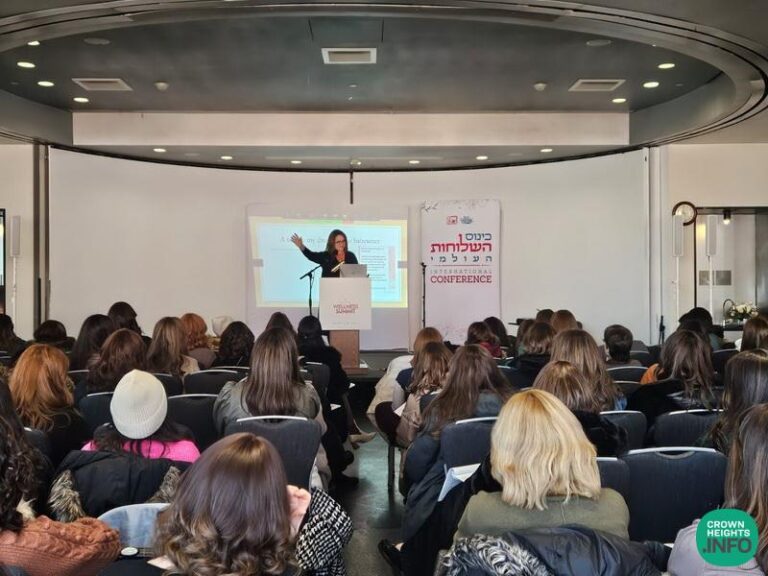4 Lessons from the Mental Health Wellbeing Summit for Shluchos
As community leaders, Shluchos play a crucial role in supporting the well-being of millions of Jews around the world. Nestled firmly within the support network of her community’s many members, a Shlucha may find herself as the first responder to the most subtle issues that frequently arise. To address this issue, greater awareness of mental health issues and the struggles surrounding them was a central theme of the annual Shluchos Wellbeing Summit.
Organized by Shluchim Refuah of Merkos 302 and the JLI Wellness Institute and hosted at the Jewish Children’s Museum, the event proved more popular than ever. A full-day program was complemented by sessions led by leading mental health professionals as well as experienced Shluchos, to present a fully balanced approach tailored to the needs of Shluchos serving Jewish communities around the world .
“A beautiful setting was created from the start,” said one participant. “The moment I walked in and saw a room full of people ready to normalize such discussions, it seemed very empowering to me. Having a full day experience gave this topic the importance it deserves and the headspace it needs.
“Now more than ever, many Jews feel overwhelmed by what they experience at school, on campus, in the workplace and online,” said Rabbi Mendy Kotlarskyexecutive director of Merkos 302, “They look to their Shluchos for support, and we are here to support them in any way we can.”
Here are some ideas discussed by guest speakers at the summit:
- Chassidut and Therapy complement each otherhas explained Ms. Rochel Lazaroff, Chlucha in Houston, Texas. Just as one has medical solutions like therapy and a healthy lifestyle, one must put in place spiritual measures, including tefillah and daily learning, etc. This helps you stay grounded in your daily life. Spiritual health and mental health go hand in hand.
- There will always be ups and downs – Ms. Sarah Bluming, Shlucha in Potomac, MD cited a sicha from the Rebbe on Matos-Masei about how life is a journey like that of the Jewish people in the desert for 40 years. This may seem circuitous and insurmountable in the moment, but from Hashem’s perspective, every moment is orchestrated for a reason. With hindsight, we can tap into Hashem’s perspective and understand why things happened the way they did. “This Sicha became my anchor,” she explained. “It is imperative to follow the lessons of the Chassidus to interact with community members in the spirit of our Chlichous. »
- It is our duty to be informed – Dr. Glenn Hirsch, clinical psychologist, led a presentation firstly defining what mental illnesses are. He noted the age of onset of various illnesses, as well as warning signs that family members, teachers and community leaders can detect. By demystifying the process of seeking help for such issues, highlighting the early signs of mental illness, and raising awareness that people with mental health issues can lead productive, meaningful lives, Shluchos are empowered in their role as parents and community organizations in a well-rounded fashion environment.
- Parents are like shepherds, not engineers – Explain Dr. Ethan Ehrenberg, Clinical psychologist. While an engineer measures success in terms of results, a shepherd measures progress in terms of growth. He guides his sheep in the right direction but cannot be self-critical about the final product. Viewing parenting from this perspective and presenting it to others allows parents to guide their children with love and emotional awareness in the present moment rather than passing on their own insecurities. With this comes a recognition that ultimately Hashem dictates the results of our efforts.
For more information about Shluchim Refuah, visit www.shluchimrefuah.org/
